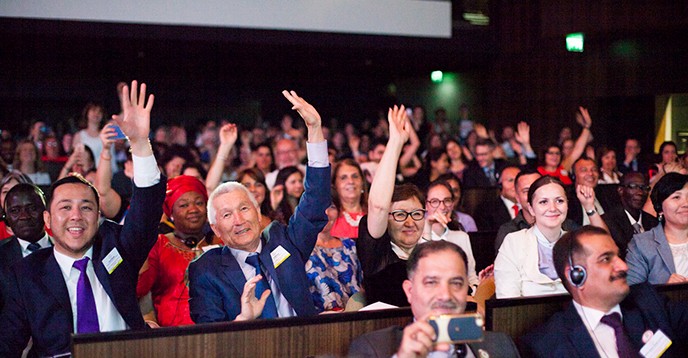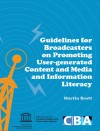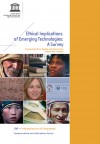Information Ethics
The exponential impact of emerging technologies on the daily lives of citizens can not be under estimated as more and more people around the world interact with information and communication technology and generate and acquire information. Information ethics is concerned with ethical, legal and societal aspects of using information and information and communication technologies. Since 1997, UNESCO has initiated a series of initiatives to address the ethical dimensions of the information society that is one of the action lines of the WSIS Action Plan for which UNESCO is responsible.
The principles on which information ethics are based derive from the Universal Declaration of Human Rights and include the right to freedom of expression, universal access to information, the right to education, the right to privacy and the right to participate in cultural life. Promoting values and principles based on fundamental human rights is central for the development of an equitable information society and raising awareness about ethical issues related to information is one of the six priorities of the Information for All Programme (IFAP).
One of the challenging ethical issues that IFAP addresses is the use of cyberspace for the radicalization of young people leading to violence. Interventions are articulated around the support of multidisciplinary research, empowering youth online communities and key youth stakeholders, strengthening mobilization and cooperation between media professionals and practitioners and supporting creative media campaigns and outreach strategies targeting policy-makers and opinion-makers as well as the general public.
Attention is also given to the ethical dimensions of Artificial Intelligence that can certainly contribute towards sustainable development, but also pose questions related to the use of this emerging technologies and the respect of fundamental human rights. UNESCO is playing a leading role to sensitize different stakeholders on the ethical dimension of the use of Artificial intelligence and reflection on challenges to be addressed and the development of its use in furthering inclusive equitable knowledge societies. World Commission on the Ethics of Scientific Knowledge and Technology (COMEST) is also playing a leading role on ethical questions raised by artificial intelligence.
UNESCO will continue to advocate for the ethical implications of the information society is part of the global debate on technology and its impact on society. Several initiatives have already been undertaken, in cooperation with the African Centre of Excellence for Information Ethics to produce training material on the subject of Information Ethics.









